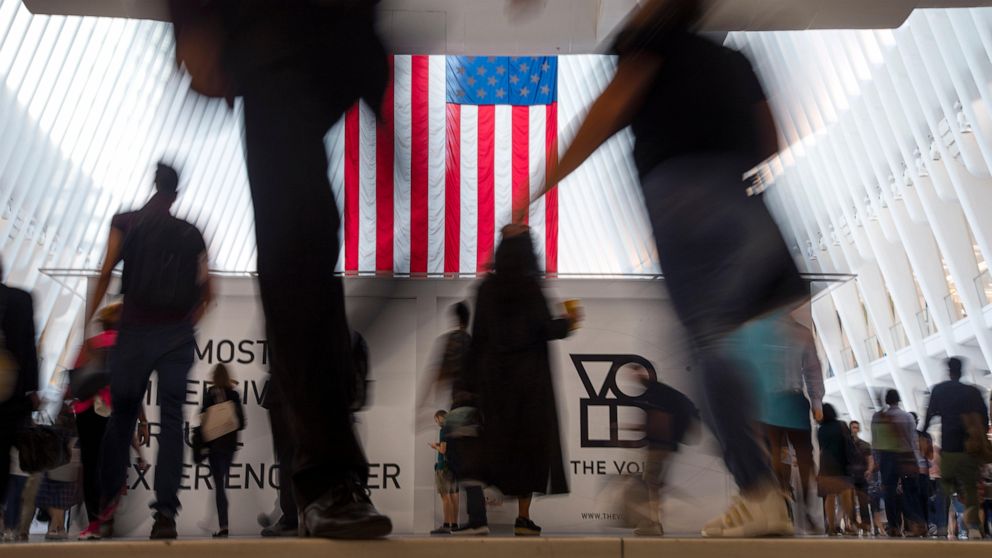NEW YORK — At the end of “The Searchers,” one of John Wayne’s most renowned Westerns, a kidnapped girl has been rescued and a family reunited. As the closing music swells, Wayne’s character looks around at his kin — people who have other people to lean on — and then walks off toward the dusty West Texas horizon, lonesome and alone.
It’s a classic example of a fundamental American tall tale — that of a nation built on notions of individualism, a male-dominated story filled with loners and “rugged individualists” who suck it up, do what needs to be done, ride off into the sunset and like it that way.
In reality, loneliness in America can be deadly. This month, U.S. Surgeon General Vivek Murthy declared it an American epidemic, saying that it takes as deadly a toll as smoking upon the population of the United States. “Millions of people in America are struggling in the shadows,” he said, “and that’s not right.”
He cited some potent forces: the gradual withering of longstanding institutions, decreased engagement with churches, the fraying bonds of extended families. When you add recent stressors — the rise of social media and virtual life, post-9/11 polarization and the way COVID-19 interrupted existence — the challenge becomes even more stark.
People are lonely the world over. But as far back as the early 19th century, when the word “loneliness” began to be used in its current context in American life, some were already asking the question: Do the contours of American society — that emphasis on individualism, that spreading out with impunity over a vast, sometimes outsized landscape — encourage isolation and alienation?
Or is that, like other chunks of the American story, a premise built on myths?
___
Alexis de Tocqueville, watching the country as an outsider while writing “Democracy in America” in the mid-1800s, wondered whether, “as social conditions become more equal,” Americans and people like them would be inclined to reject the trappings of deep community that had pervaded Old World aristocracies for centuries.
“They acquire the habit of always considering themselves as standing alone, and they are apt to imagine that their whole destiny is in their own hands,” he wrote. “Thus not only does democracy make every man forget his ancestors, but it … throws him back forever upon himself alone, and threatens in the end to confine him entirely within the solitude of his own heart.”
This has been a recurring…
Click Here to Read the Full Original Article at ABC News: Health…

